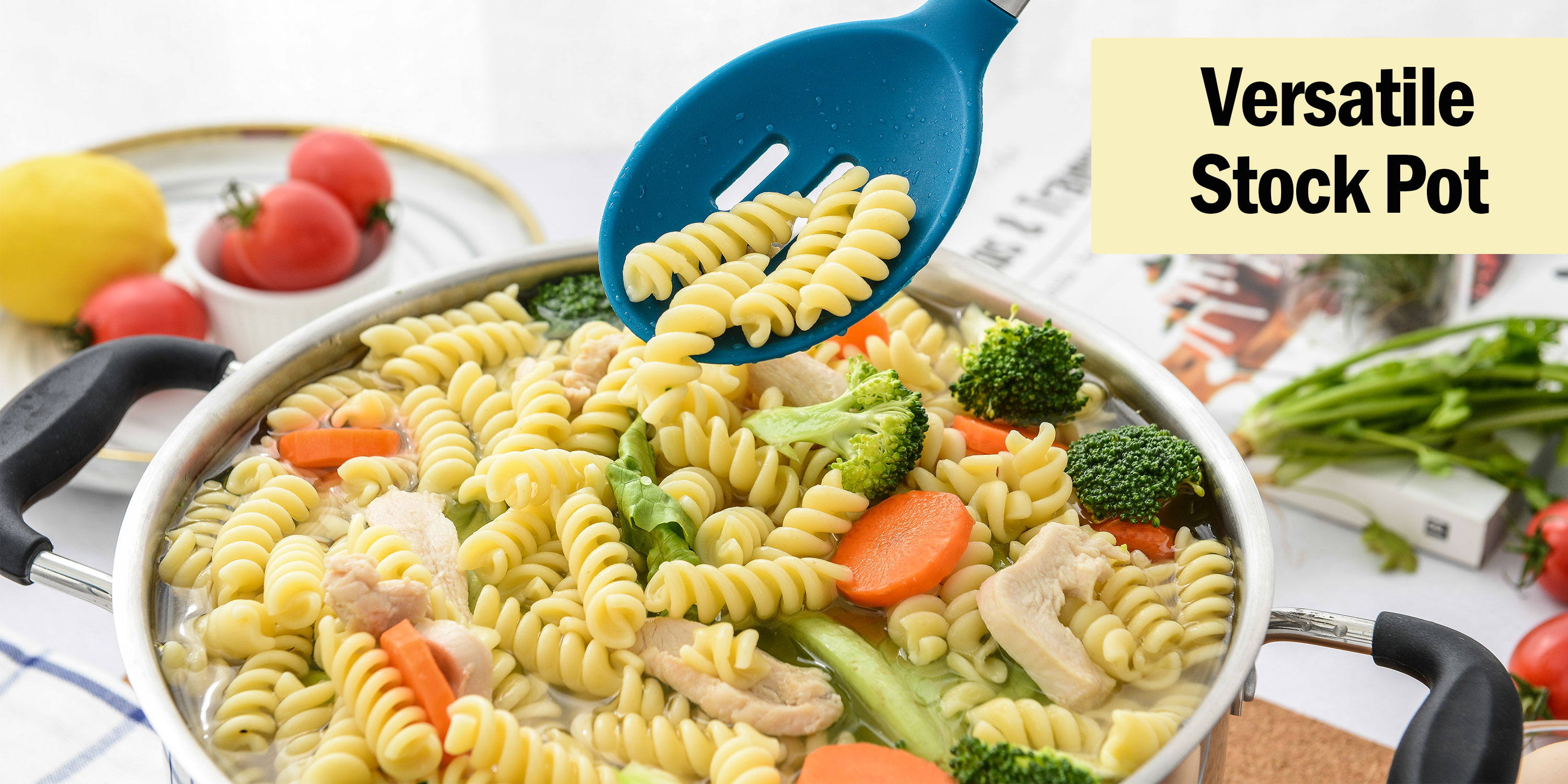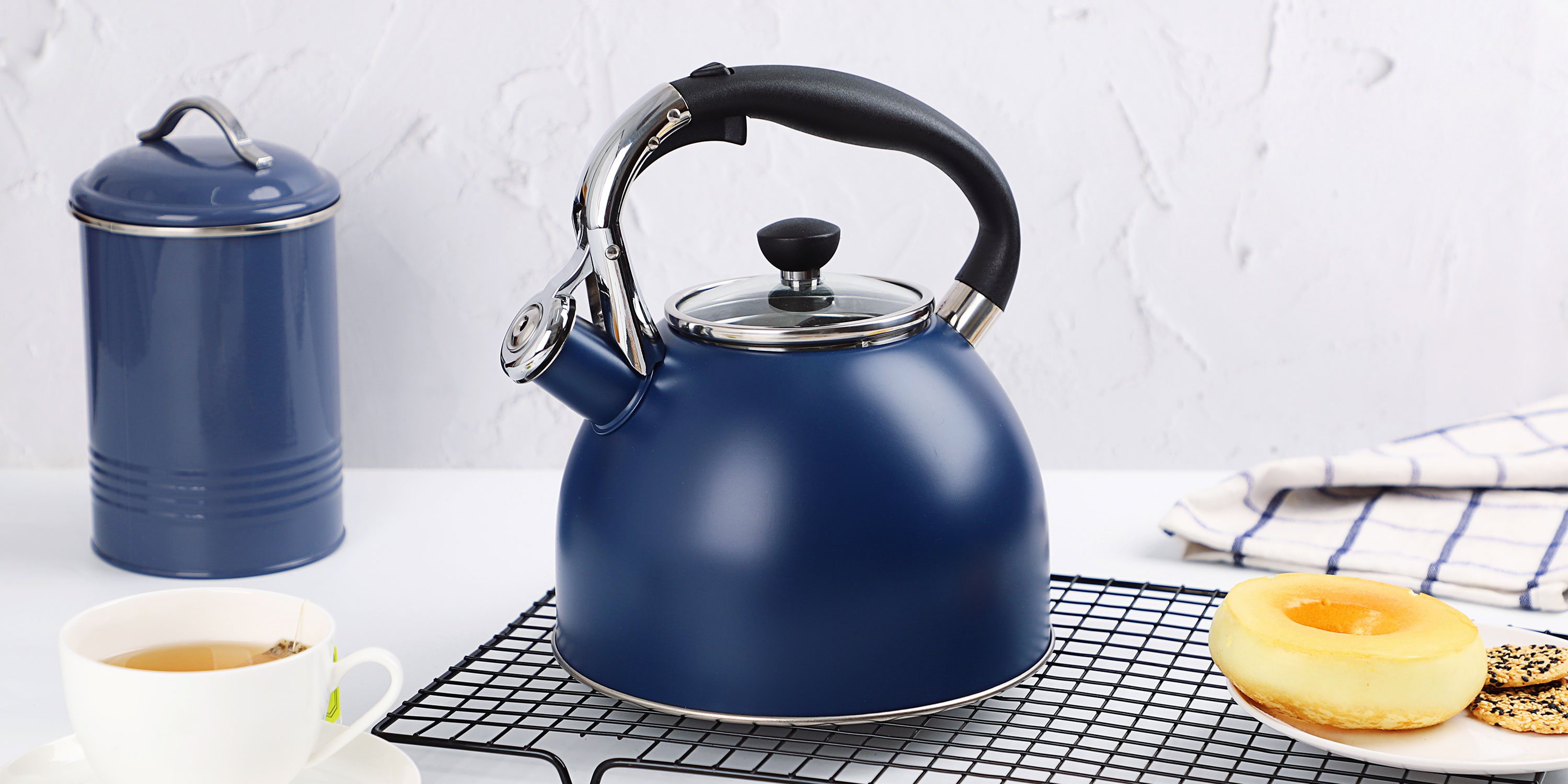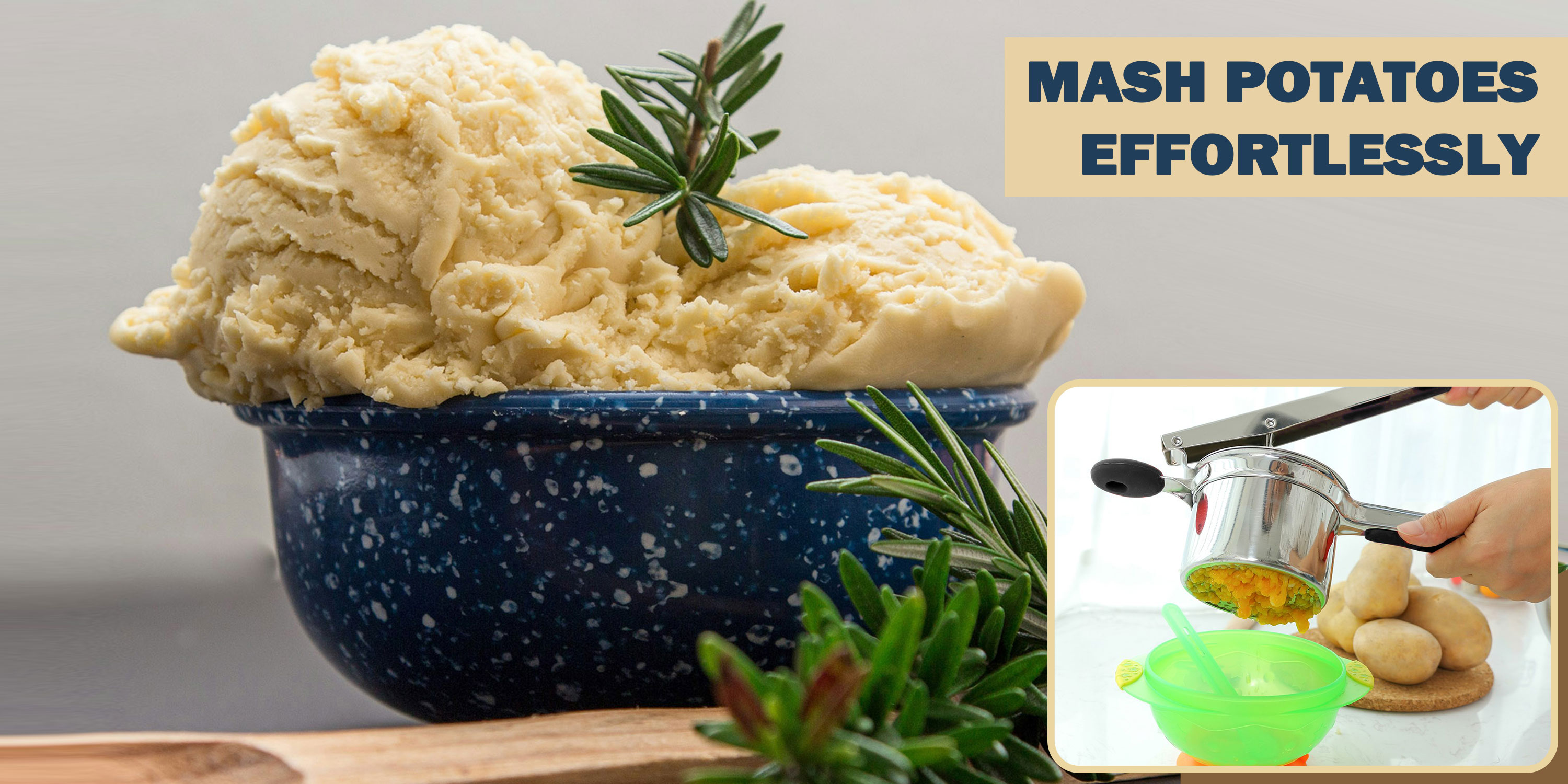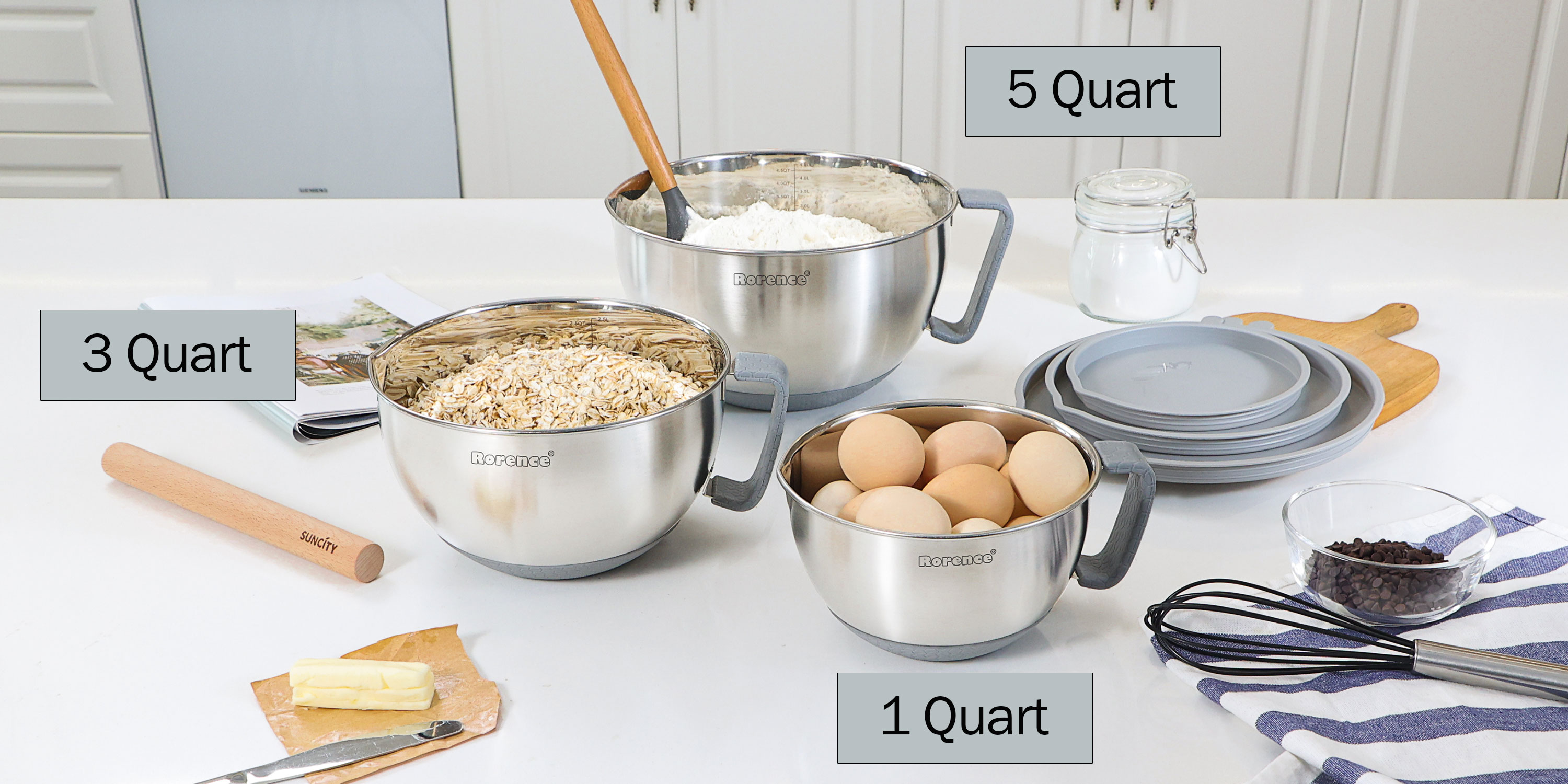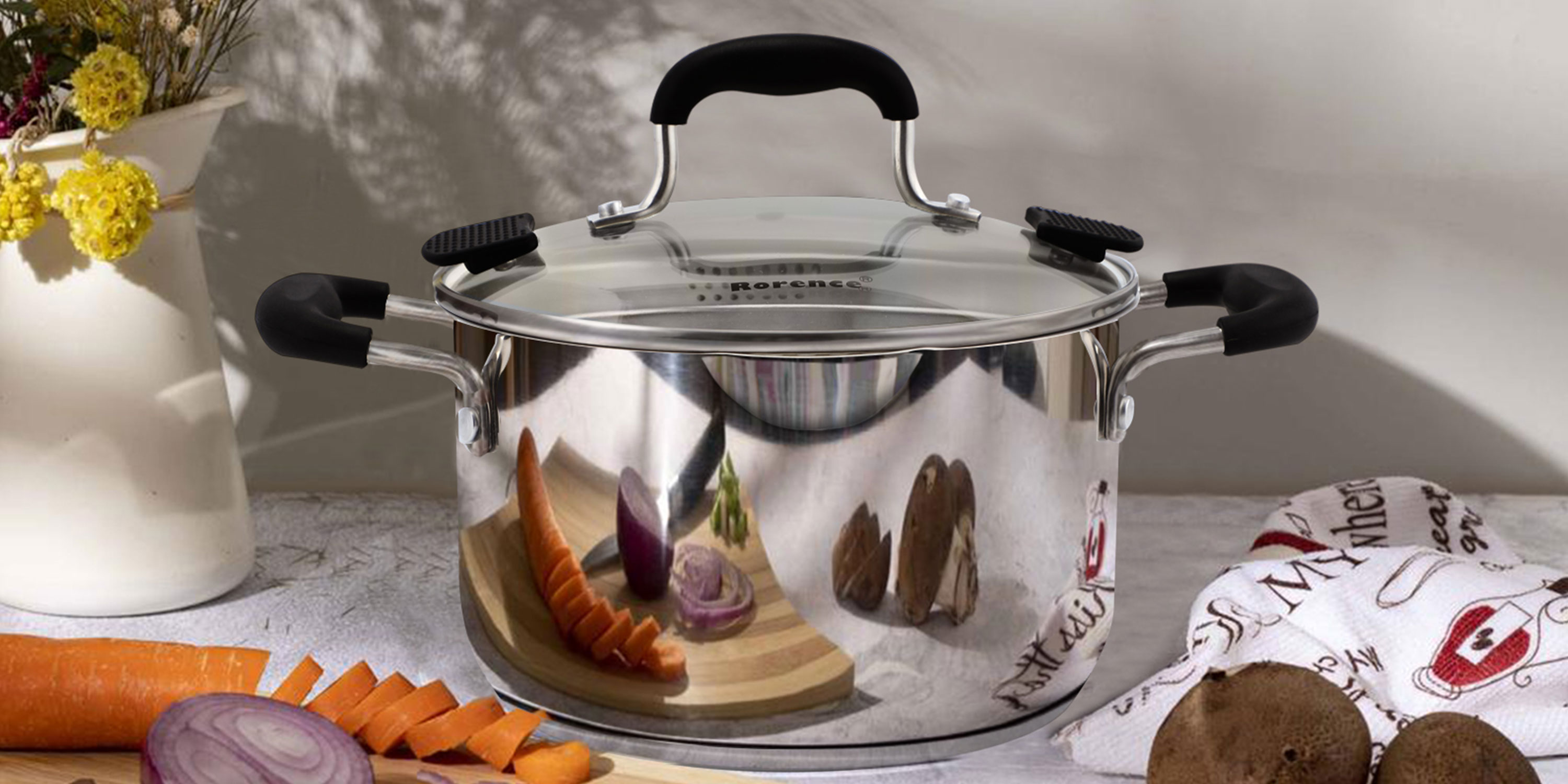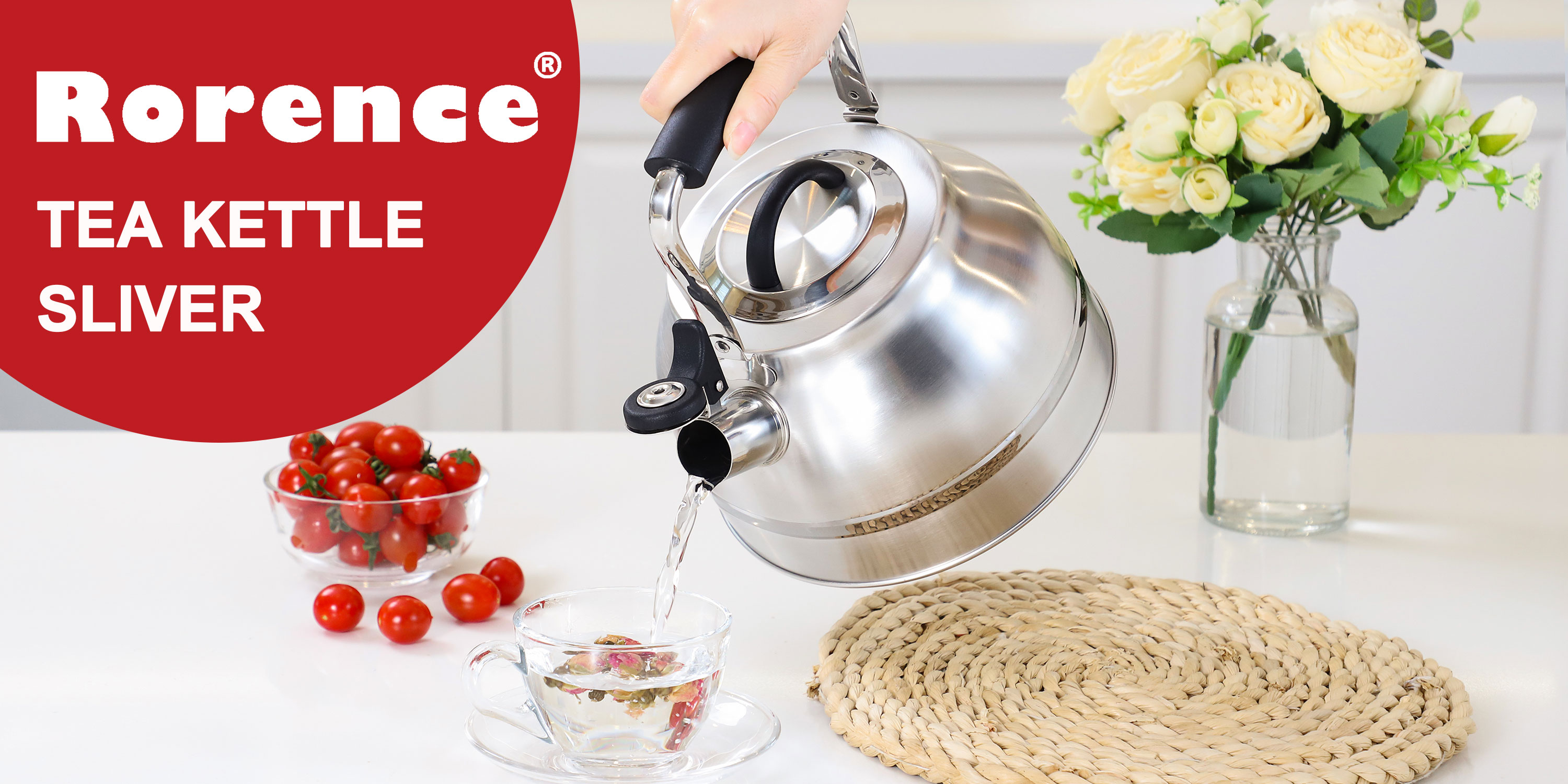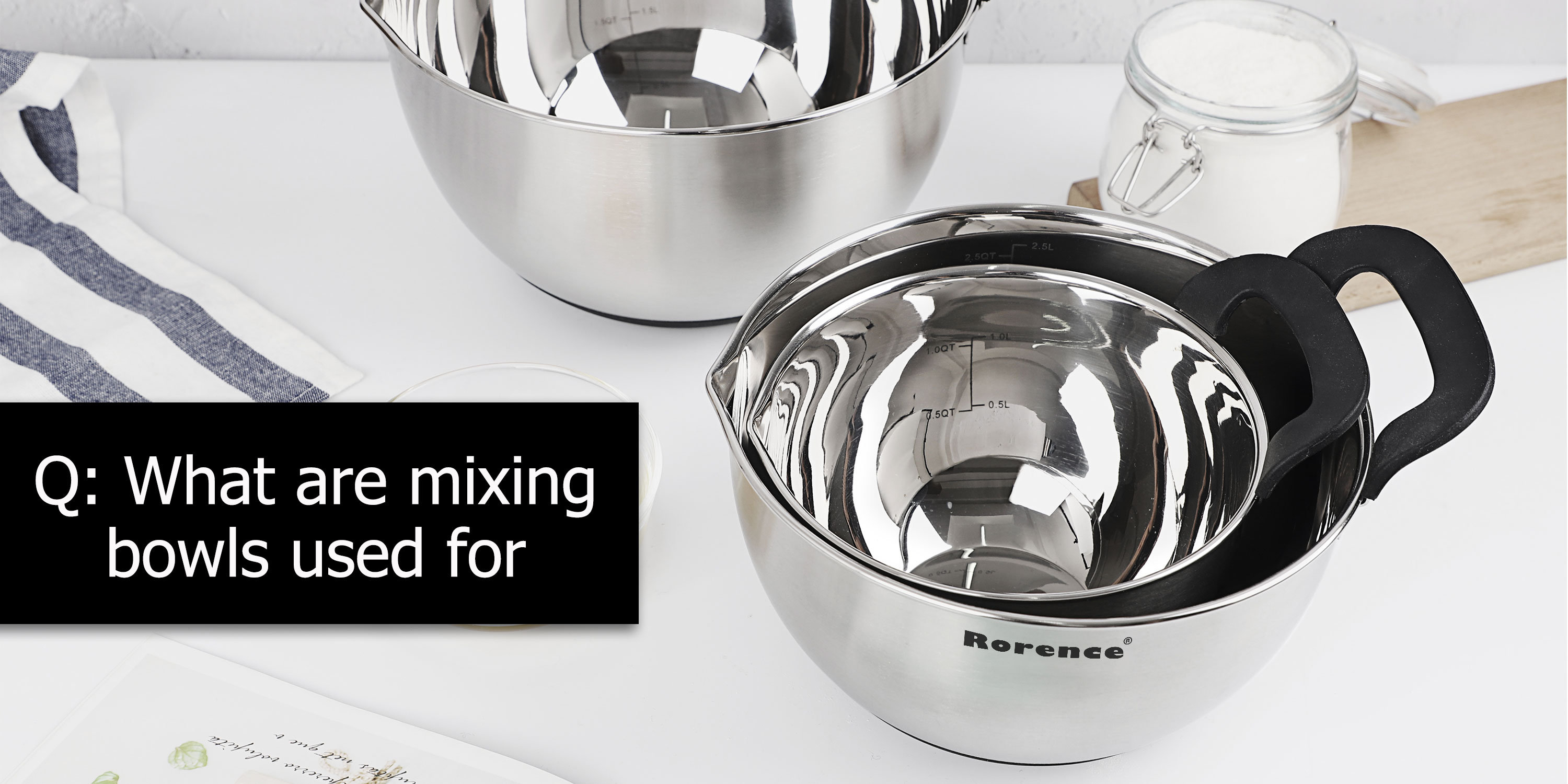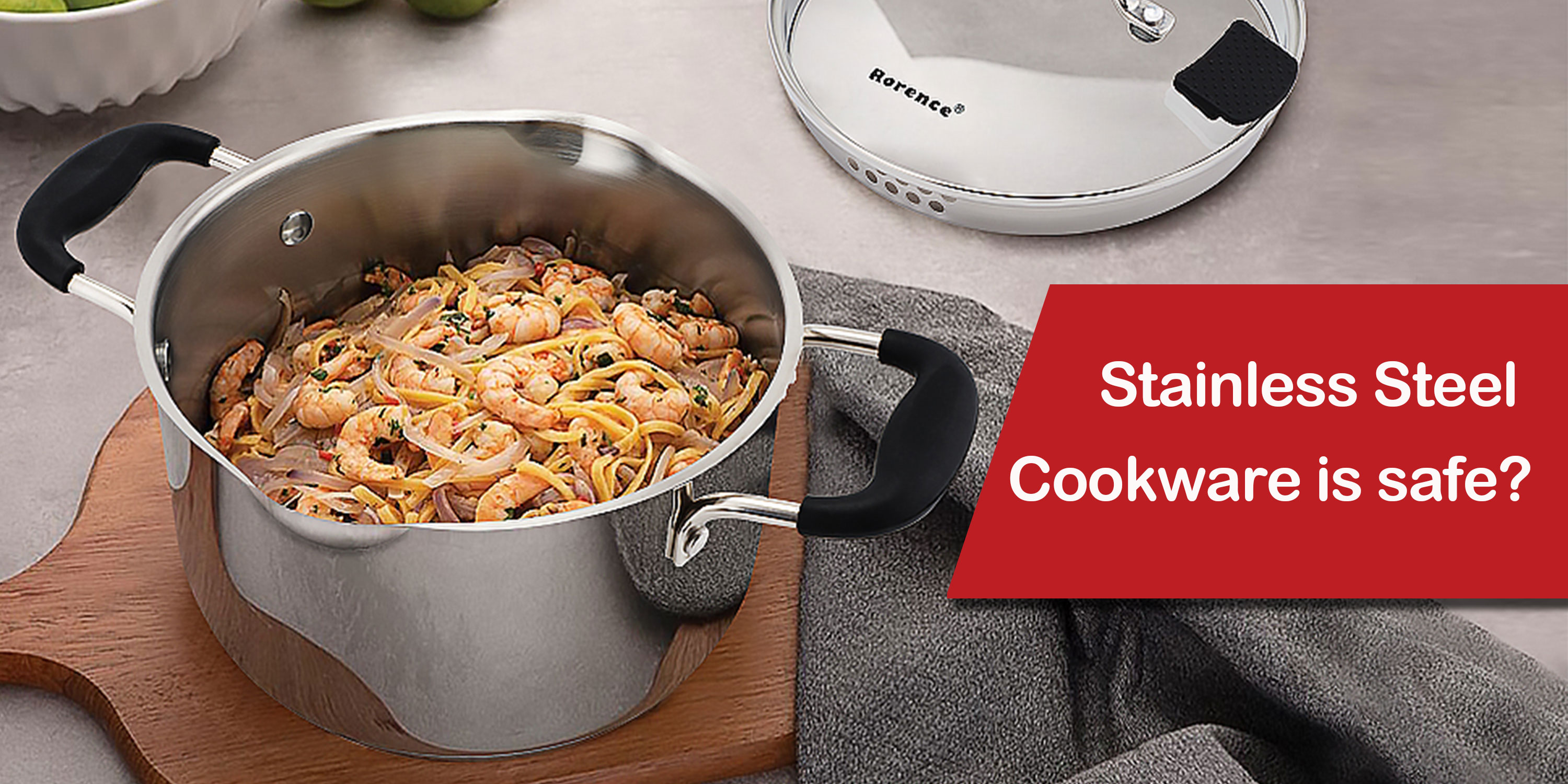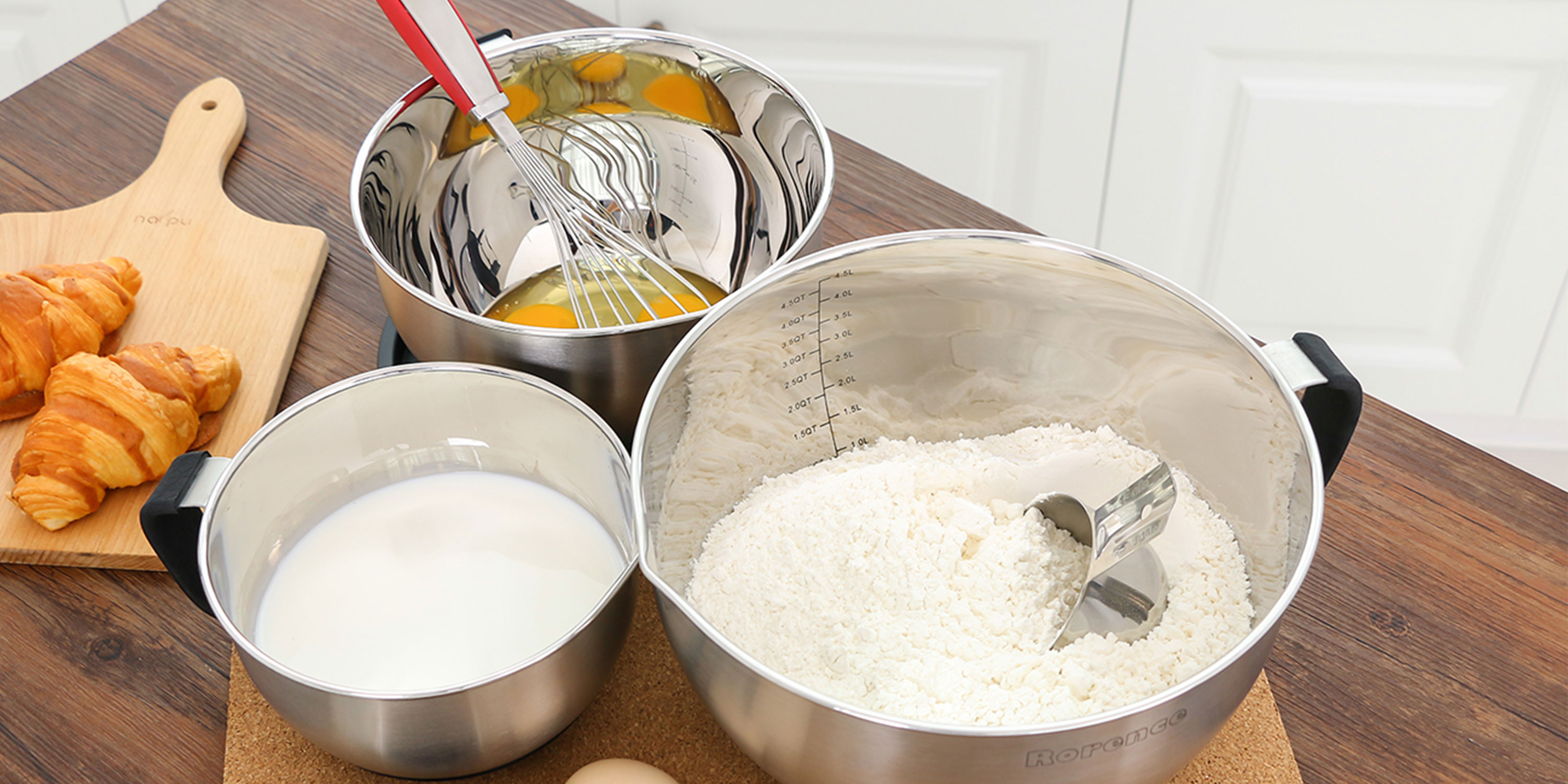Exploring the Versatility of Stock Pots: More Than Just Soup
The Basics of Stock Pots
Before we explore their versatility, let's understand what stock pots are. Typically, stock pots are large, deep pots with straight sides and a tight-fitting lid. They're usually made of stainless steel, aluminum, or copper to withstand long hours of cooking. The size can vary, but they're generally large enough to hold several liters of liquid, making them ideal for cooking in bulk.
Beyond Stock and Soup
- Stock and Broth: Of course, we can't overlook their primary purpose. Stock pots excel at simmering bones, vegetables, herbs, and spices to create flavorful stocks and broths. Whether it's chicken, beef, vegetable, or seafood, a stock pot is your go-to tool for extracting maximum flavor.
- Stews and Soups: Moving beyond stock, stock pots are perfect for crafting hearty stews and soups. From classic chicken noodle soup to rich beef stew, the large capacity of stock pots allows for generous portions, making them ideal for feeding a crowd or meal prepping for the week.
- Pasta and Grains: Need to cook a large batch of pasta or grains? Look no further than your trusty stock pot. Its ample size and high sides make it perfect for boiling pasta, rice, quinoa, or any other grains you desire.
- Beans and Legumes: If you're cooking dried beans or legumes, a stock pot is essential. Its generous size accommodates plenty of water for soaking and cooking, ensuring your beans are perfectly tender every time.
- One-Pot Meals: Embrace the convenience of one-pot meals with a stock pot. From chili to curry to risotto, you can create flavorful dishes with minimal cleanup, thanks to the versatility of this kitchen essential.
- Large Batch Cooking: Whether you're meal prepping for the week or hosting a dinner party, stock pots are your best friend when cooking in bulk. They can accommodate large quantities of food, allowing you to streamline your cooking process and save time.
- Steaming and Blanching: Stock pots aren't just for boiling; they're also great for steaming and blanching vegetables. Simply insert a steamer basket or colander into the pot, add water to the bottom, and steam your favorite veggies to perfection.
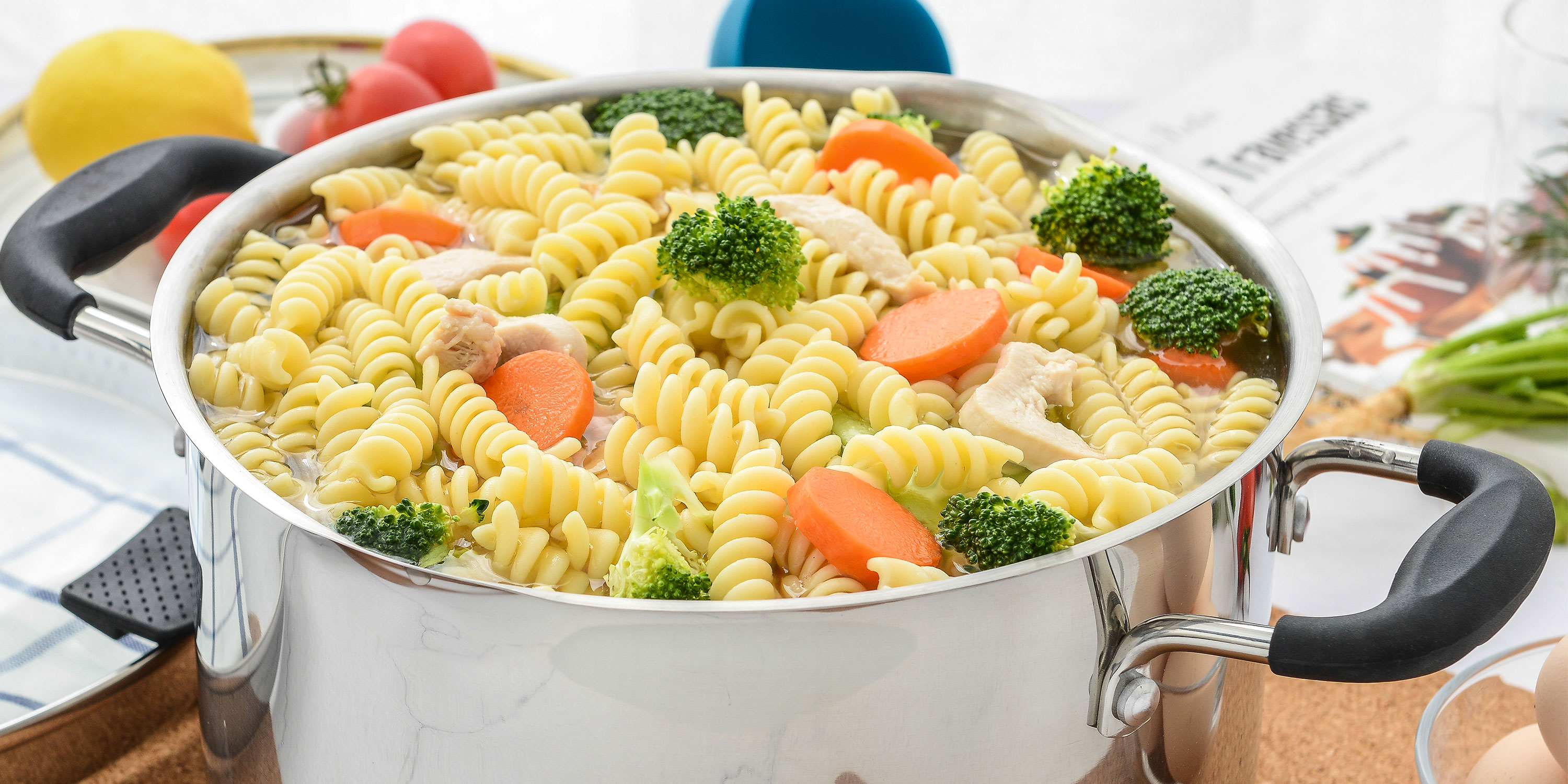
Tips for Using Stock Pots
- Choose the Right Size: Consider the quantity of food you typically cook and choose a stock pot size accordingly. It's better to have a slightly larger pot than you think you need to avoid overflow.
- Invest in Quality: A good-quality stock pot will last you for years and withstand the rigors of frequent use. Look for durable materials and solid construction.
- Use Low to Medium Heat: Stock pots are designed for slow, even cooking, so avoid high heat, which can scorch the bottom of the pot and ruin your food.
- Don't Forget the Lid: Using the lid helps retain moisture and flavor while cooking, so be sure to cover your stock pot whenever possible.
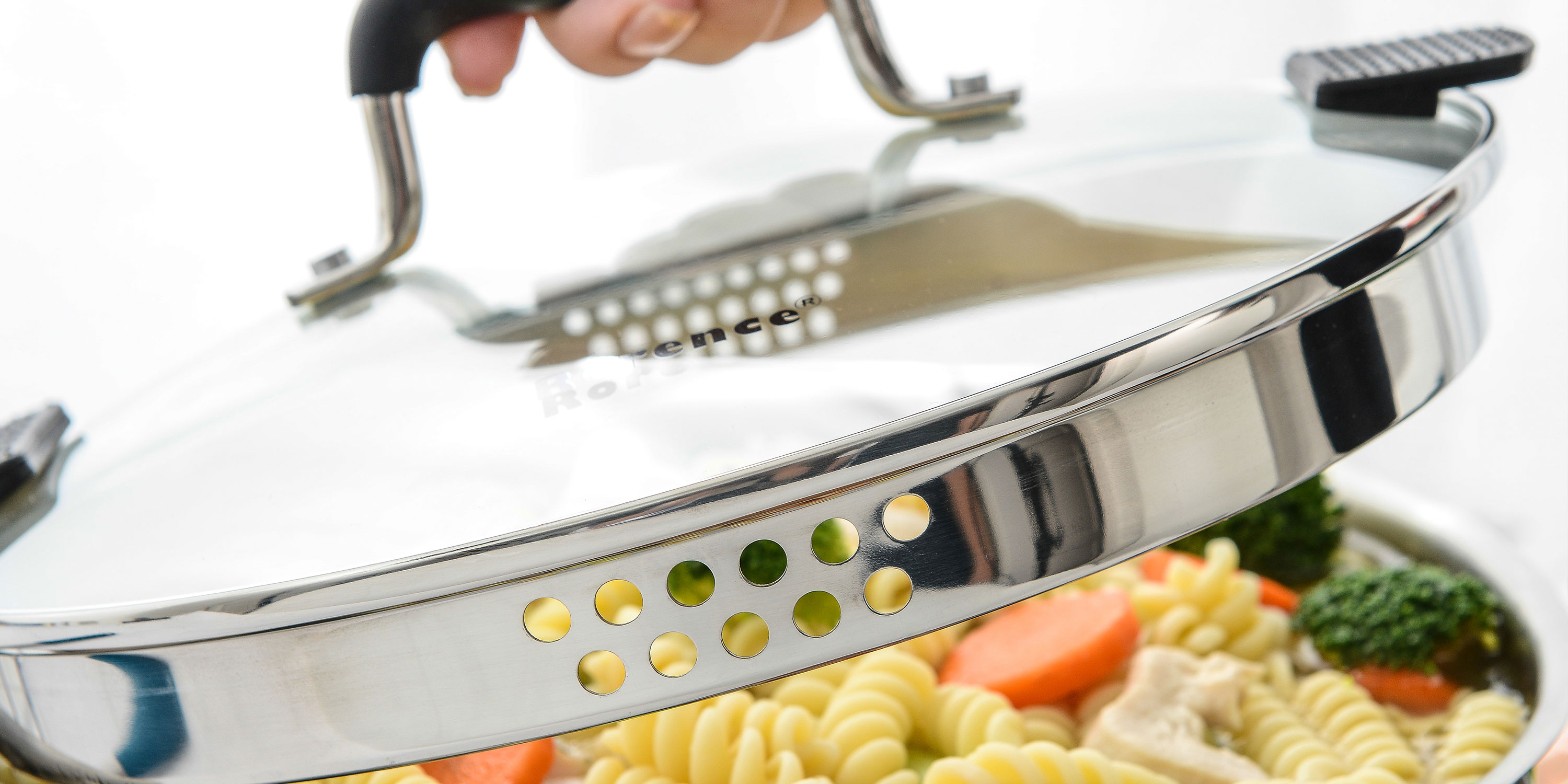
Stock pots are true workhorses in the kitchen, capable of so much more than just making stock or soup. From simmering broths to cooking pasta to steaming vegetables, their versatility knows no bounds. Whether you're a seasoned chef or a home cook, a quality stock pot is an essential tool that will elevate your cooking to new heights. So dust off your stock pot and get ready to explore the endless culinary possibilities it has to offer.





